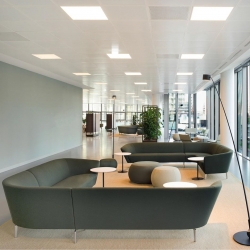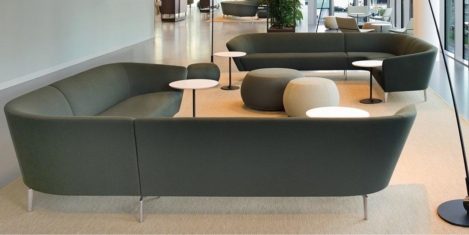To provide the best experiences, we use technologies like cookies to store and/or access device information. Consenting to these technologies will allow us to process data such as browsing behaviour or unique IDs on this site. Not consenting or withdrawing consent, may adversely affect certain features and functions.
The technical storage or access is strictly necessary for the legitimate purpose of enabling the use of a specific service explicitly requested by the subscriber or user, or for the sole purpose of carrying out the transmission of a communication over an electronic communications network.
The technical storage or access is necessary for the legitimate purpose of storing preferences that are not requested by the subscriber or user.
The technical storage or access that is used exclusively for statistical purposes.
The technical storage or access that is used exclusively for anonymous statistical purposes. Without a subpoena, voluntary compliance on the part of your Internet Service Provider, or additional records from a third party, information stored or retrieved for this purpose alone cannot usually be used to identify you.
The technical storage or access is required to create user profiles to send advertising, or to track the user on a website or across several websites for similar marketing purposes.
 Arper, global design brand that envisions products for the way we live, publishes its first Sustainability Report, which serves as a comprehensive overview of the company’s sustainability efforts for the year 2022, outlining their commitment to responsible business practices.? The report summarizes Arper’s commitment towards people and the Planet and highlights the company’s continuous search for sustainable innovation processes and the implementation of responsible business practices. (more…)
Arper, global design brand that envisions products for the way we live, publishes its first Sustainability Report, which serves as a comprehensive overview of the company’s sustainability efforts for the year 2022, outlining their commitment to responsible business practices.? The report summarizes Arper’s commitment towards people and the Planet and highlights the company’s continuous search for sustainable innovation processes and the implementation of responsible business practices. (more…)








 Office workers now spend more time in the office, with the average creeping up to three and a half days per week compared to
Office workers now spend more time in the office, with the average creeping up to three and a half days per week compared to 


























July 12, 2023
Generations in the workplace: setting the record straight
by Jo Sutherland • Comment, Workplace